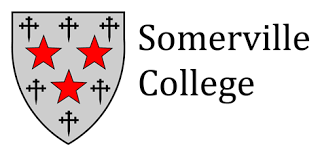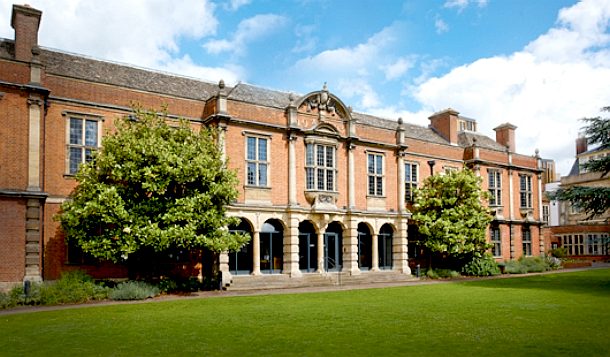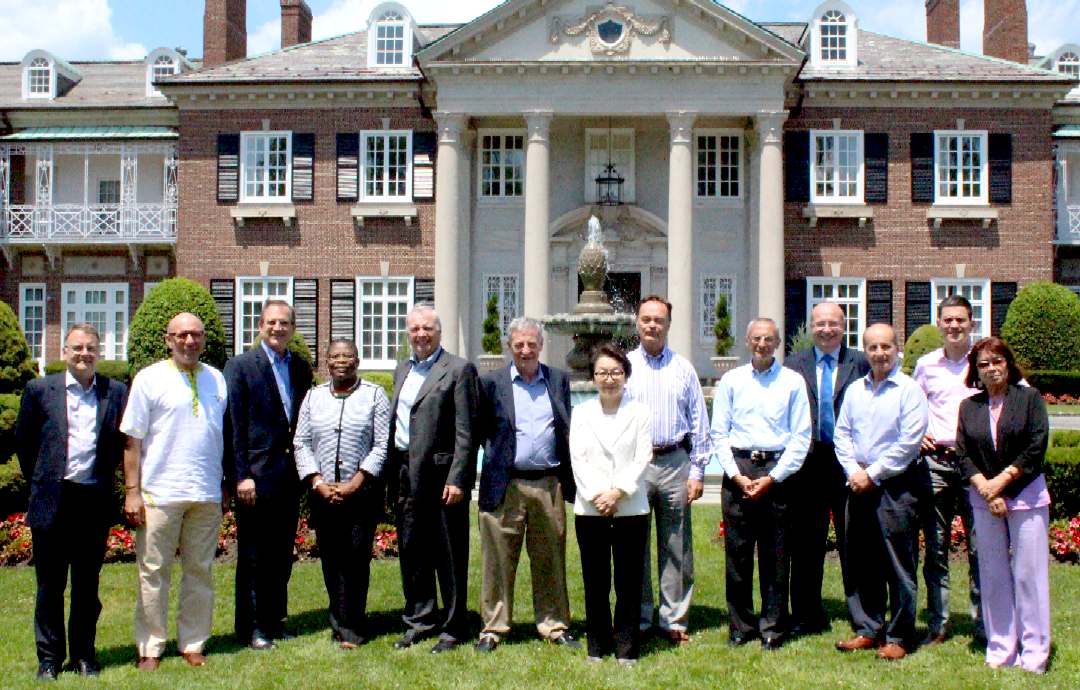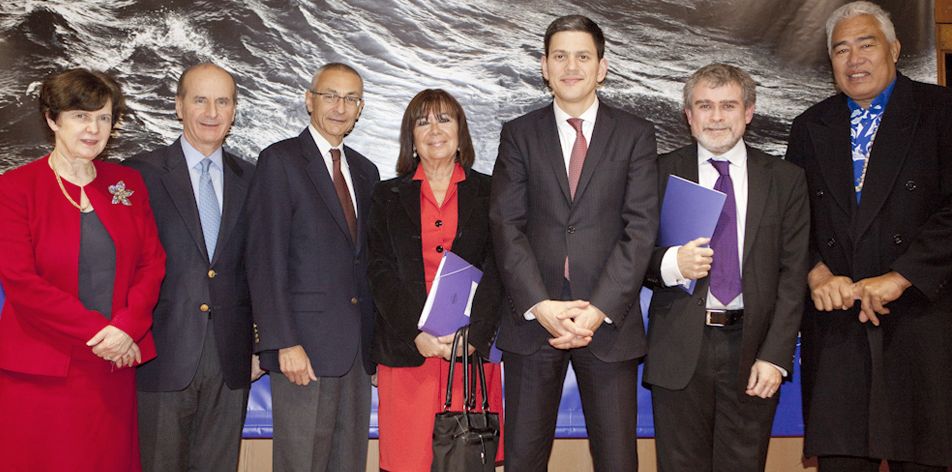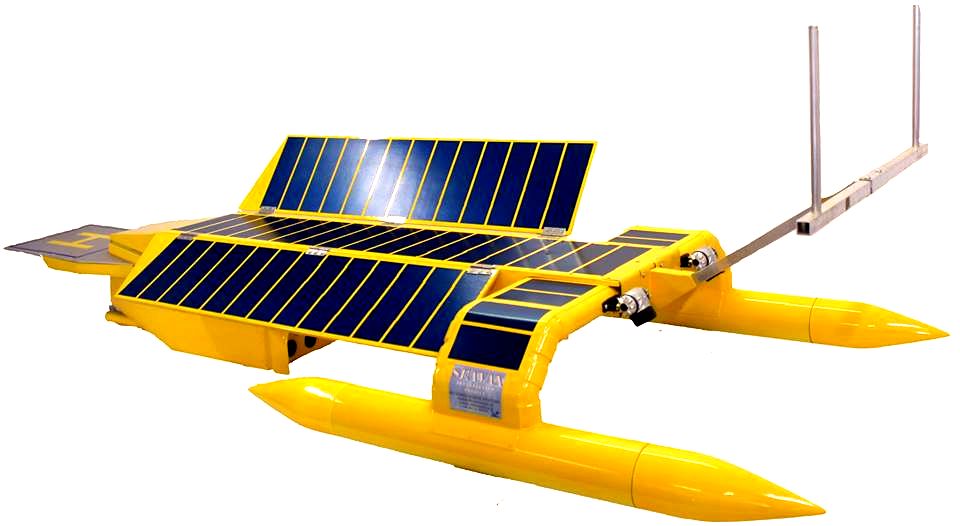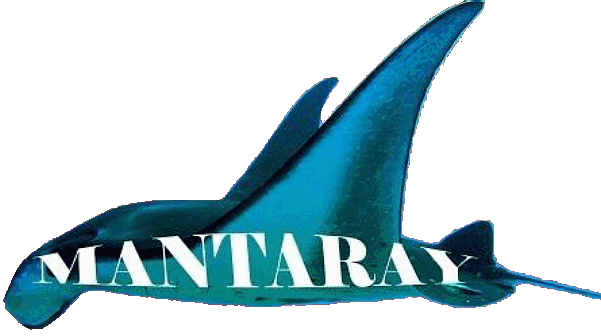|
SOMERVILLE COLLEGE - OXFORD UNIVERSITY
|
|
|
Somerville College is one of the constituent colleges of the University of Oxford in England. Founded in 1879 as Somerville Hall, it was one of the first women's colleges in Oxford. Today, around 50% of students are male. The first male students were admitted to the college in 1994. The college is located at the southern end of Woodstock Road, with Little Clarendon Street to the south and Walton Street to the west.
Somerville is home to around 400 undergraduates and 100 graduate students. It is a friendly, vibrant, diverse community, with a bright future. Two new accommodation buildings opened in September 2011, meaning that for the first time Somerville will be able to house the majority of undergraduates who wish to do so throughout their course. The University is undertaking a major new development of the Radcliffe Observatory Quarter, right next door to Somerville. The ROQ will be home to the Oxford University administrative offices, the new School of Government, the Mathematics Institute, the Humanities Centre, the Ruskin School of Art and a major development of the Bodleian Library.
PROFESSOR ALEX ROGERS
- Alex David Rogers is a Professor in Conservation Biology at the Department of
Zoology, University of Oxford. In 1989 he obtained a B.Sc. (Hons) I Class in
marine biology at the University of Liverpool. In 1992 he followed this with
a Ph.D. in marine invertebrate systematics and genetics also from the University of
Liverpool. His research focuses on the diversity, ecology, conservation and
evolution of marine species. Alex has special interests in the deep sea,
particularly seamounts, cold-water corals and chemosynthetic ecosystems. He
employs molecular tools and traditional methods of taxonomy to study the evolution
of marine organisms at a range of temporal and spatial scales. These encompass
current environmental factors influencing genetic structure of populations, to
historical events associated with past climate change that have shaped the current
biota of the oceans.
NOTABLE ALUMNI
Somerville alumnae have achieved an impressive number of “firsts” - the most distinguishable being that of the first woman Prime Minister of the United Kingdom Margaret Thatcher. Also the first, and only, British woman to win a Nobel prize in science Dorothy Hodgkin; the highest ranking female officer of her time in the British intelligence services (the Queen of Spies) Daphne Park; and also the first woman to lead the world’s largest democracy Indira Gandhi, who was Prime Minister of India for much of the 1970s.
The Global Ocean Commissioners gathered for their second annual meeting in New York on 5th - 6th July 2013.
THE
GLOBAL OCEAN COMMISSION AT SOMERVILLE
(left to right): Dr Alice Prochaska (Principal of Somerville College,) José María Figueres, John Podesta, Cristina Narbona, David Miliband, Prof Alex Rogers, Foua Toloa.
SOMERVILLE CONTACTS
SOMERVILLE COLLEGE LINKS
MARINE ACADEMIC INSTITUTIONS A-Z
Australian Maritime - Geneve - Hawaii Renewable - NERC - Newcastle Naval NOC Oceanographic - Plymouth - Portsmouth - Seoul Naval - SOTON Strathclyde Marine - Sussex - TU Delft - USP South Pacific - Webb Institute
LINKS & REFERENCE
Wikipedia Somerville_College_Oxford Global_Ocean_Commission_at_Somerville Global
ocean commission about the http://en.wikipedia.org/wiki/Somerville_College,_Oxford http://www.some.ox.ac.uk/6142/all/1/Global_Ocean_Commission_at_Somerville.aspx http://www.globaloceancommission.org/about-the-commission/ Wikipedia University_of_Portsmouth Wikipedia University_of_Southampton Wolfson_Unit_Marine_Technology http://www.port.ac.uk/ http://en.wikipedia.org/wiki/University_of_Portsmouth http://www.southampton.ac.uk/ http://en.wikipedia.org/wiki/University_of_Southampton http://www.wumtia.soton.ac.uk/ http://auvac.org/community-information/community-news/view/935 Oceanology International OI China 2014 Conference Programme Remote Technology Underwater Kevin Forshaw NOC robot vehicles launched from Plymouth-on fish tracking mission http://www.asvglobal.com/latest-news/first-sea-lord-opens-new-asv-facility http://noc.ac.uk/news/robot-vehicles-launched-from-plymouth-morning-fish-tracking-mission http://noc.ac.uk/research-at-sea/nmfss/mars http://www.msubs.com/ http://www.xylemanalytics.co.uk/index.php http://www.amc.edu.au/ http://www.gavia.is/ http://www.strath.ac.uk/na-me/
SEAVOLUTION - By cutting the cost of oceanographic survey and speeding up data collection, we will learn more about the oceans, for which the Bluefish ZCC platform is the ideal robotic ocean workhorse. Based on a stable trimaran form hull this design is under development by British engineers with potential collaboration from Europe - the object being to clean up plastic ocean waste. This robot ship uses no diesel fuel to monitor the oceans autonomously 24/7 and 365 days a year - only possible with the revolutionary energy harvesting system. The modular hullform is adaptable for automatic release and recovery of AUVs, ROVs or towed arrays, alternating between drone and fully autonomous modes. The small ship can even carry a UAV for advance scouting and anti piracy monitoring. This vessel pays for itself in fuel saved every ten years.
With climate change now recognised as one of the biggest dangers to our oceans, adapted Bluefish designs could be the zero carbon fishing vessels of the future.
ACIDIFICATION - ADRIATIC - ARCTIC - ATLANTIC - BALTIC - BERING - CARIBBEAN - CORAL - EAST CHINA ENGLISH CH - GOC - GULF MEXICO - INDIAN - MEDITERRANEAN - NORTH SEA - PACIFIC - PERSIAN GULF - SEA JAPAN
|
|
|
This website is Copyright © 2015 Bluebird Marine Systems Ltd. The names Bluebird™, Bluefish™, SeaNet™, SeaVax™ and the blue bird and fish in flight logos are trademarks. The color blue is an essential element of the marks. All other trademarks are hereby acknowledged.
|
